Sorry every teenager on the planet, the 2018 VW Alltrack knows when you skip curfew
Parents can keep tabs on when their kid's car is on the road
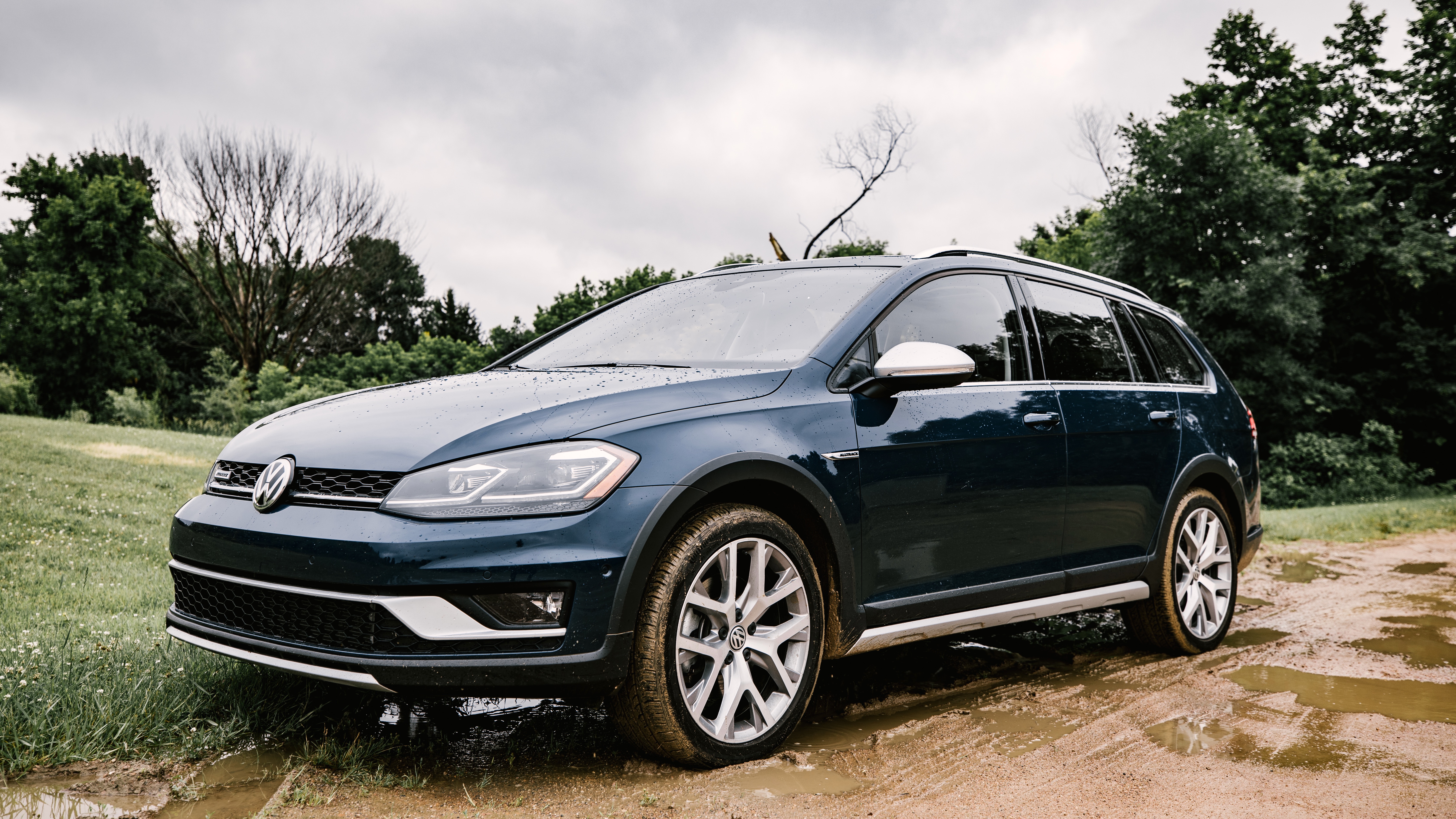
Photo credit: Josiah Bondy
Cars that know where we are, how we're driving, and when we drive too fast on the highway have been around for a while.
Ford introduced teen driver modes in many cars and trucks several years ago. Ford MyKey, programmed for the specific key you use, could even prevent someone from pushing down any harder on an accelerator at a set speed.
A feature in the 2018 VW Alltrack goes a step further, but teens might not like it.
Using the Car-Net app, parents (or the person who owns the car) can set a curfew limit, say, 11pm. You enter a phone number, and then if the car moves after that time period, you receive a text alert.
The feature isn’t that fancy and doesn’t use an accelerometer or anything; it simply knows when the Alltrack is moving based on speed.

And yet... this is an interesting innovation because it shows how real-time monitoring will work in the future.
Sign up for breaking news, reviews, opinion, top tech deals, and more.
Beyond curfew alerts (and the other new Car-Net features related to parking lots available in your area and an alert that tells you when a valet drives your car more than .2 miles), you can imagine how cars in the future will be more sentient.
They could alert you about any diagnostic issues, when other cars are getting too close, when the lights at an intersection change, and even if one section of the road is a known accident area.
That might sound like too much information, but VW is on the right path even if you disagree with the concept of keeping tabs on younger drivers.
The where, how, and when dynamics of driving will only improve over time. Automakers have experimented with mapping technology over the years; the VW can also send directions to the car navigation using the app.
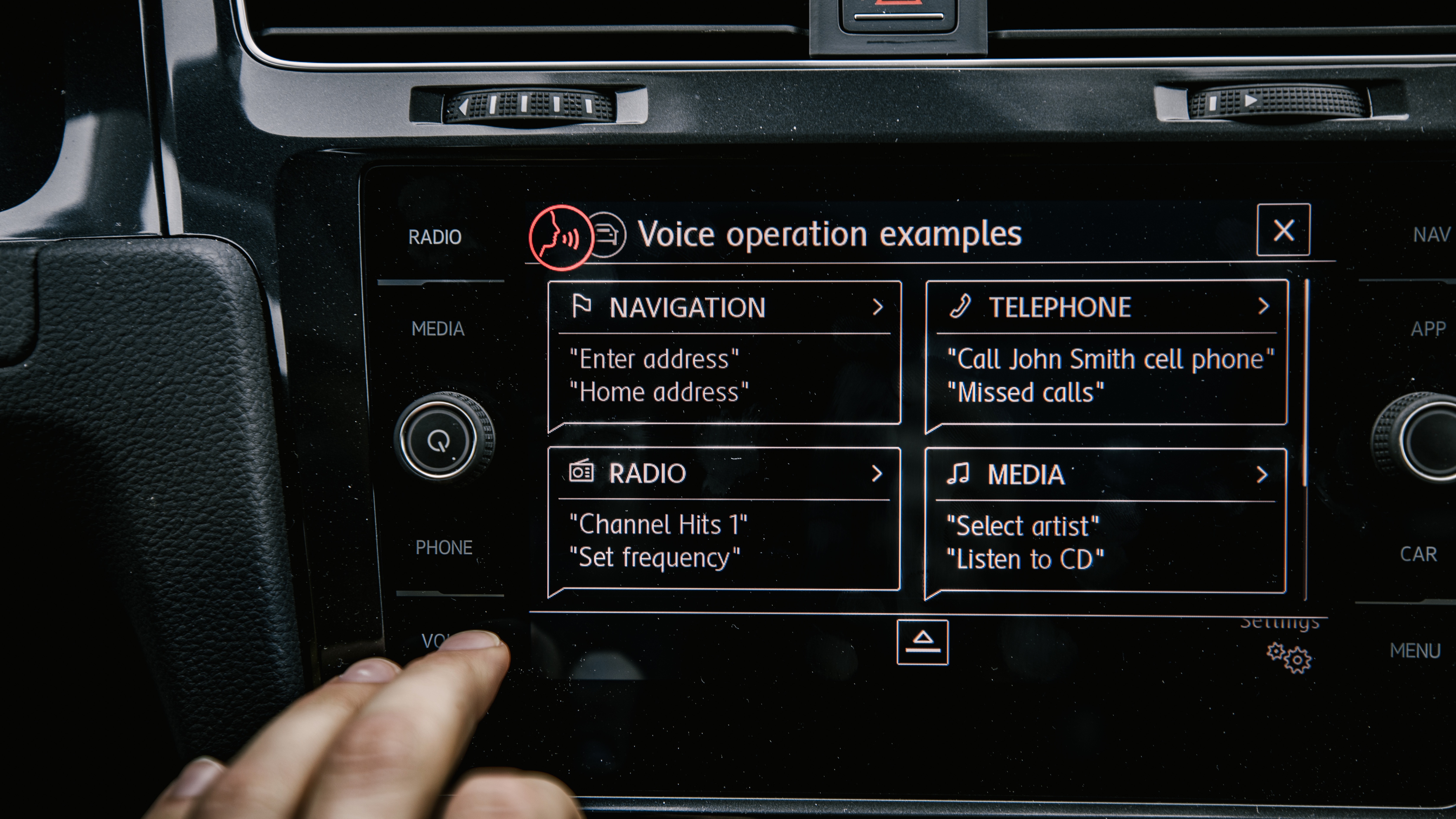
What comes next is full control from a remote location. You will know more than whether your son or daughter is driving past 11pm or speeding.
You’ll know about things like tire pressure, suspension, leaks, fuel economy – in fact, you’ll know everything.
The data will be parsed by a bot, so you won’t have to monitor everything, and you don’t need to know about every slight issue with the exhaust system, but an AI will let you know information that is relevant to your interests and needs as the owner, right down to the best oil to use when you send the car off to the shop autonomously, and whenever you lend the vehicle to someone else.
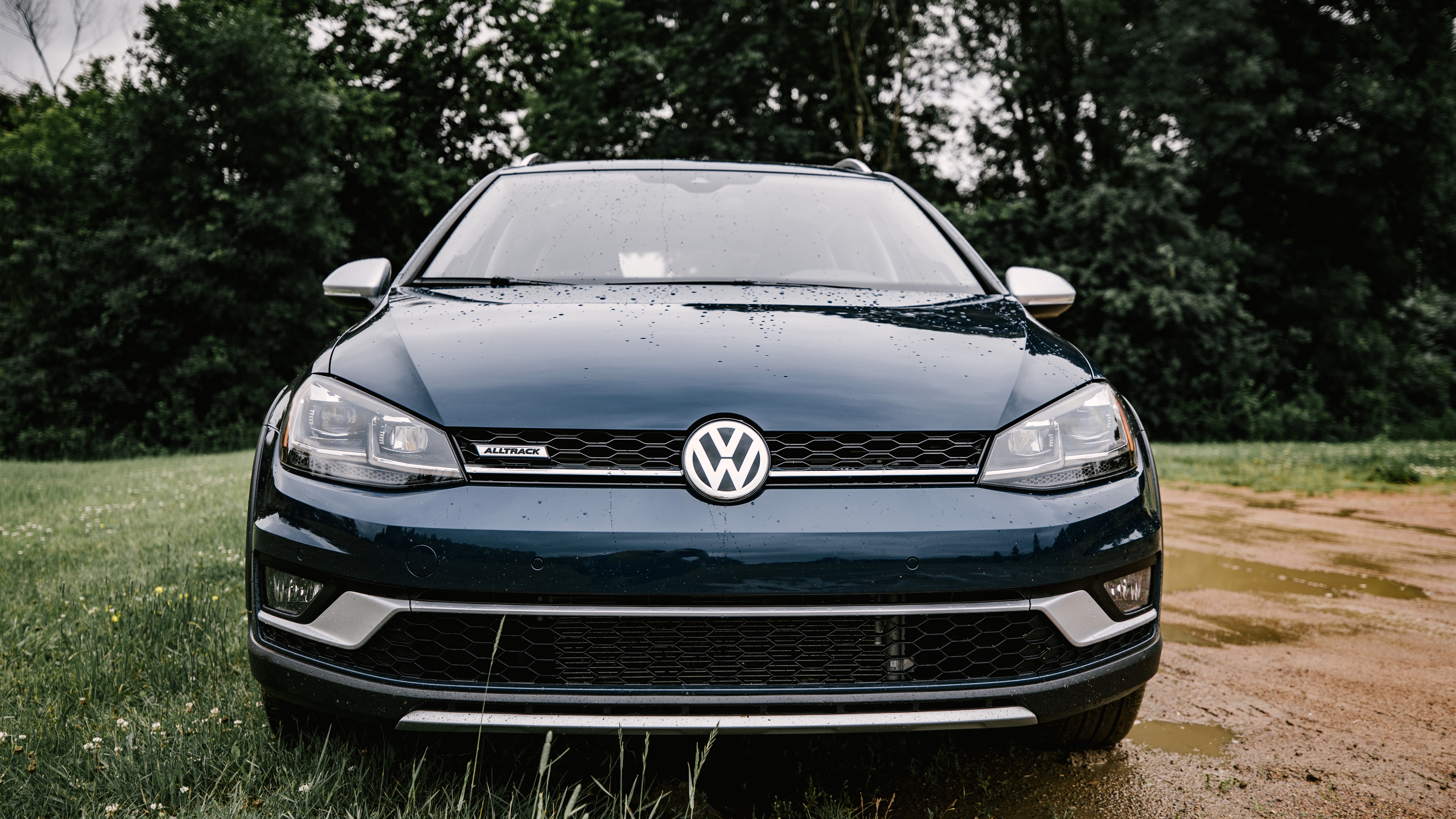
Then, you can see reports that are also filtered for your interests. Cars today do a good job of showing energy stats in the vehicle, and some automakers have tried to show this same data in an app, with varying levels of success.
In the future, you’ll see reports that allow you to make decisions about routes, speed, and maintenance, but also give you the opportunity to adjust the car to maximize how you use it to the highest degree.
And, the car will suggest alternatives – going slower during your commute, not driving at all past a certain time.
All of this takes artificial intelligence to monitor how you drive and how everyone in your family who uses the car drives as well, and car companies aren't there yet. The AI to do this is still “in the lab” and not capable of assisting drivers in real ways.
At least the curfew mode is an actual feature, available now. Sorry teen drivers.
Take a closer look at the 2018 VW Alltrack in the gallery below:
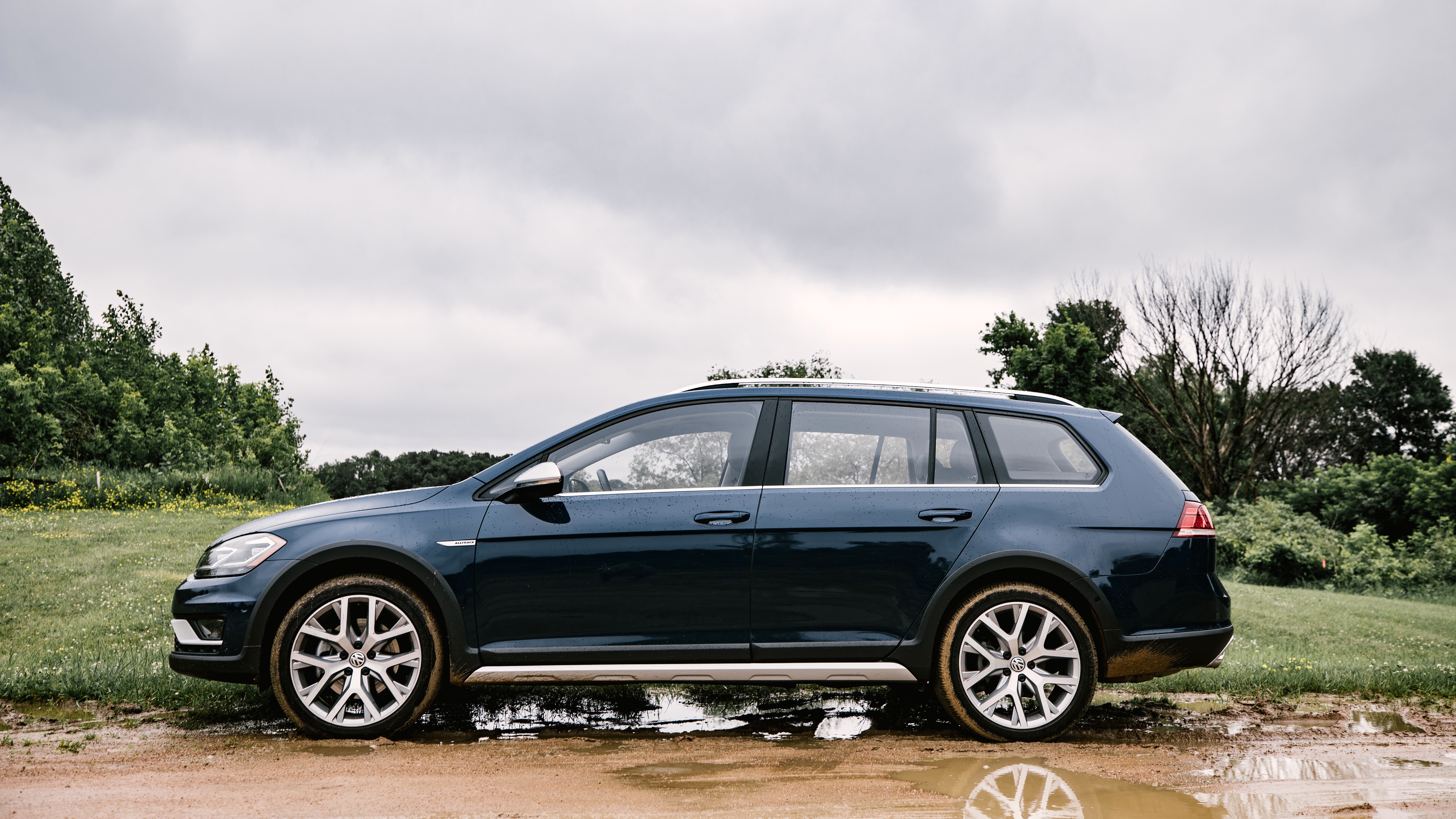
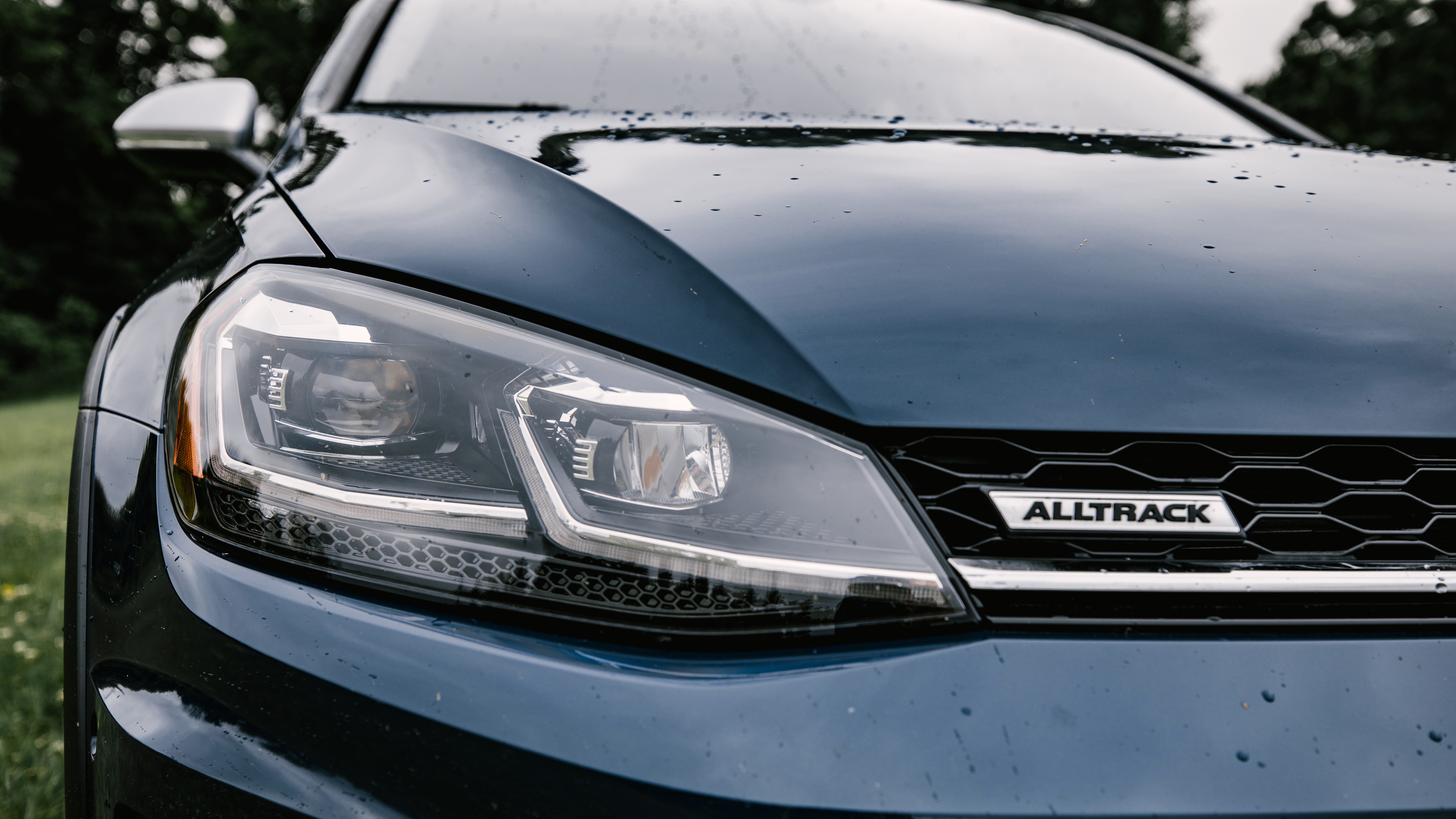
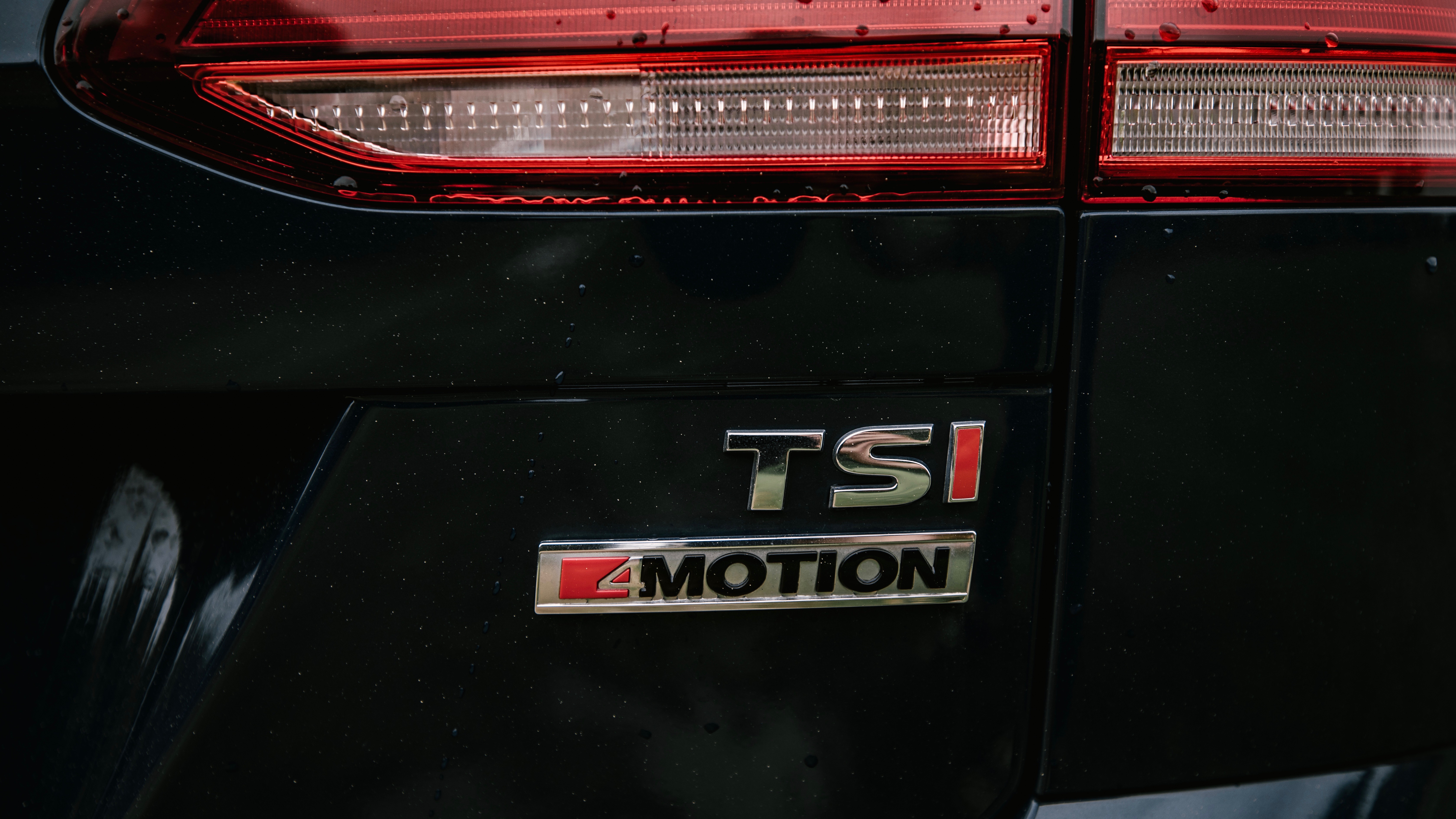
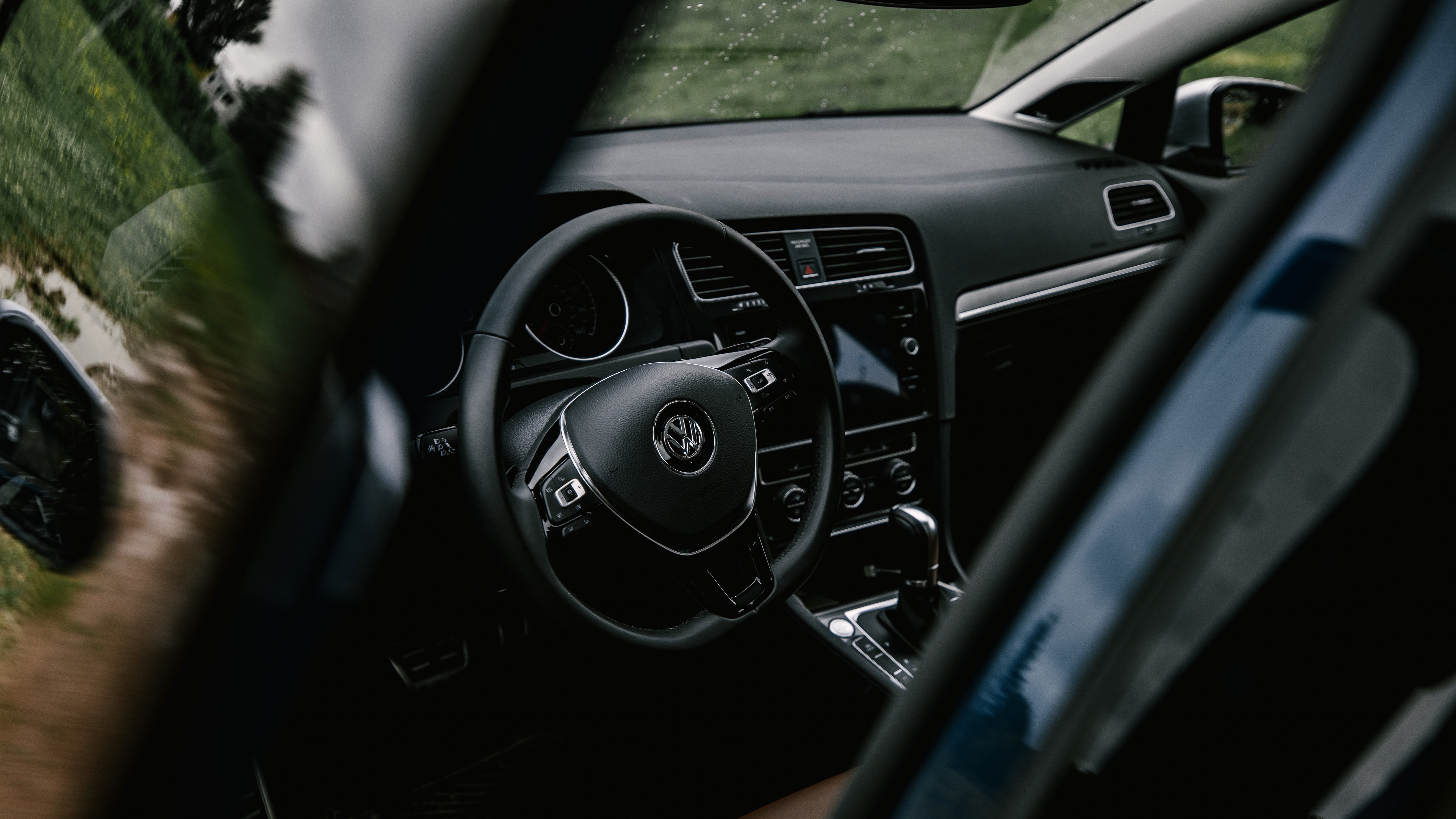
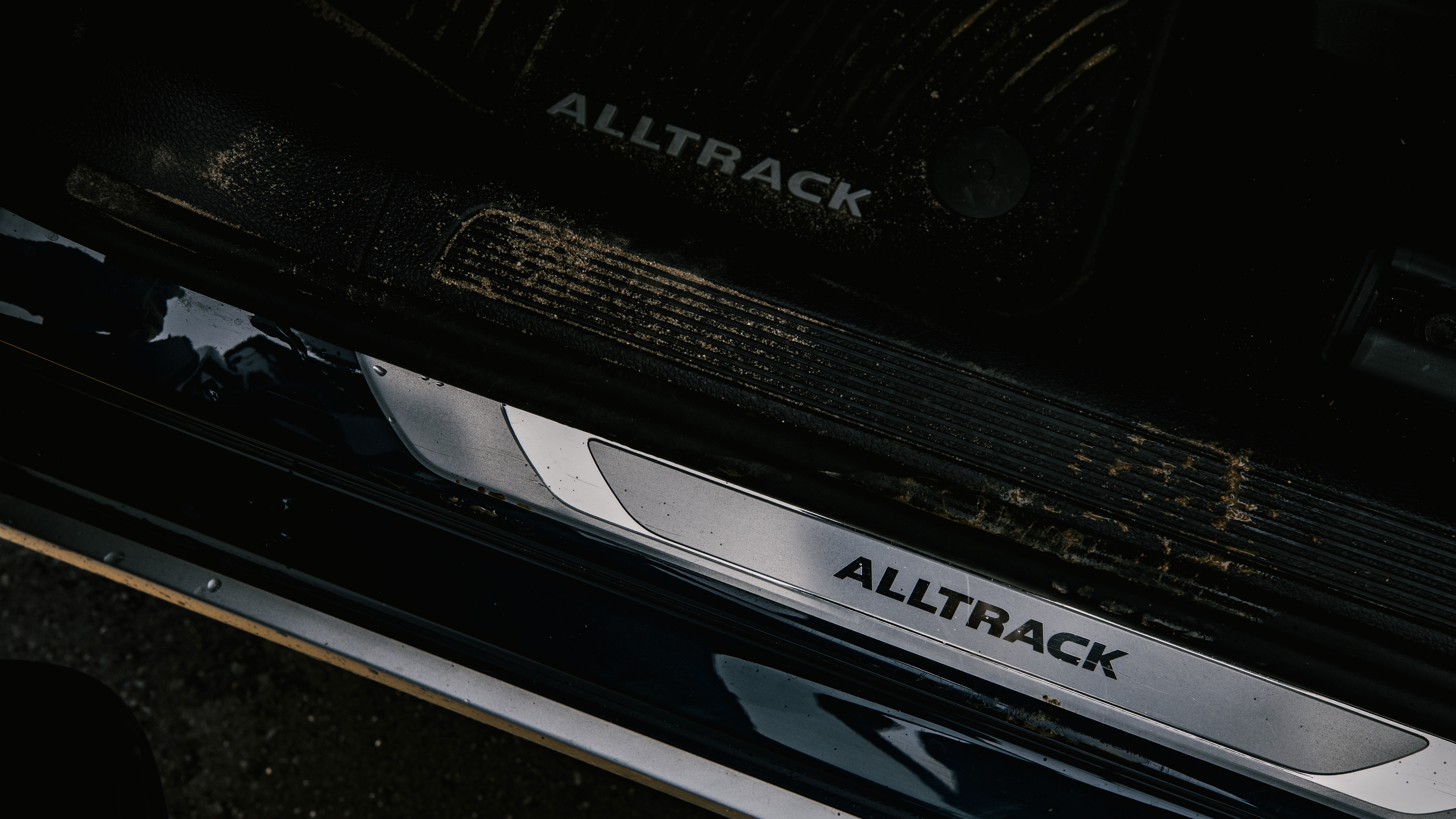
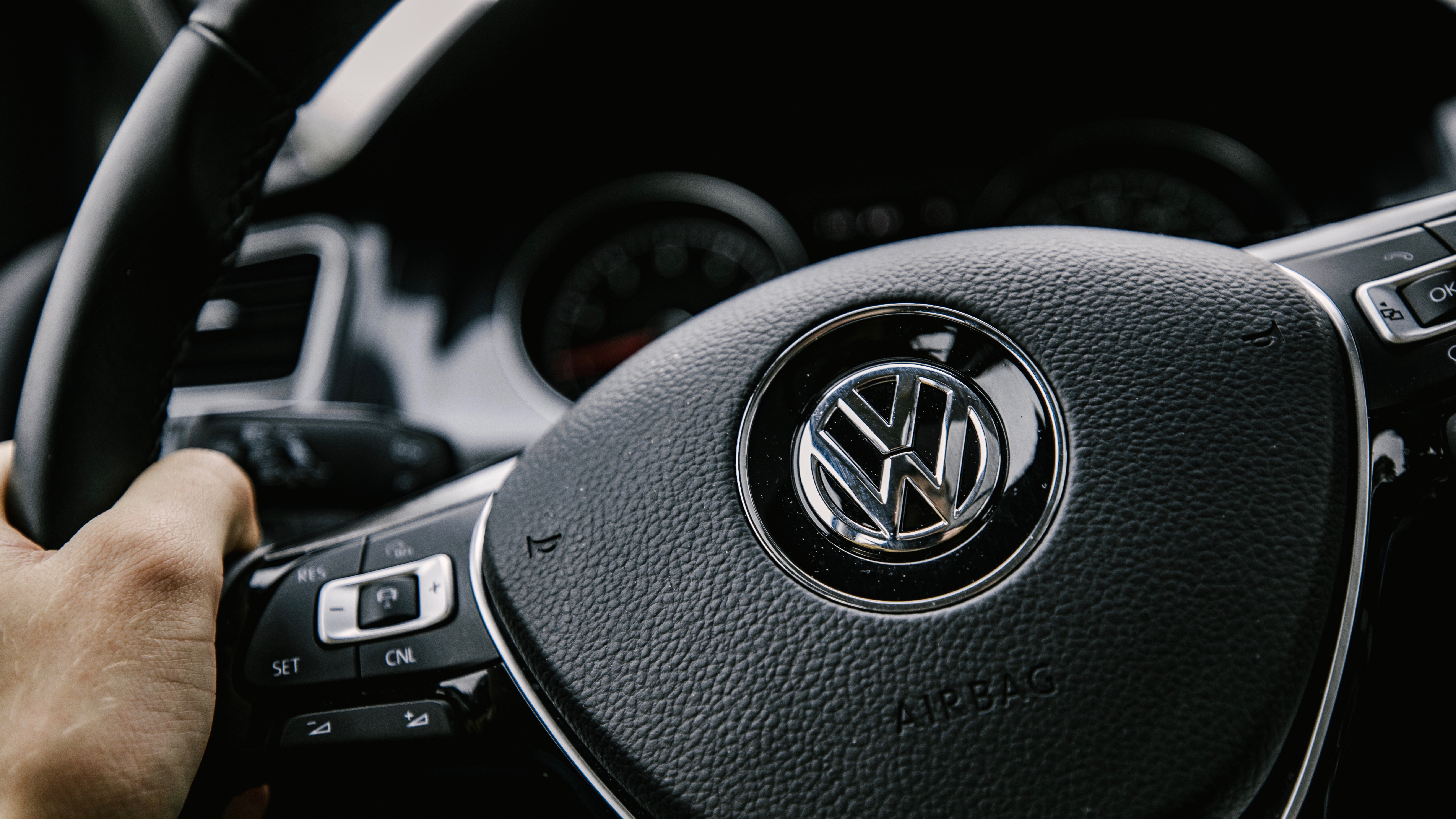
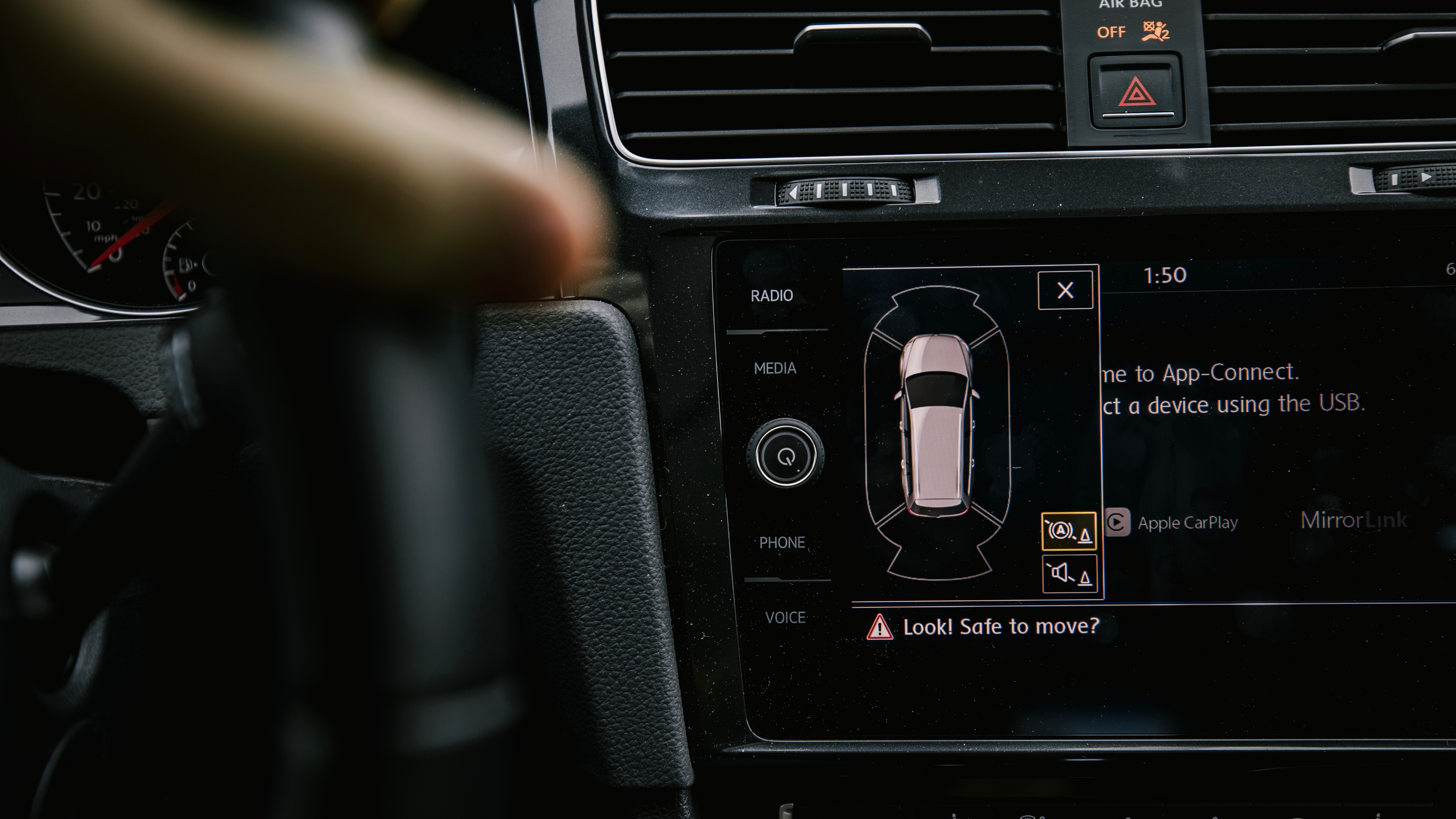
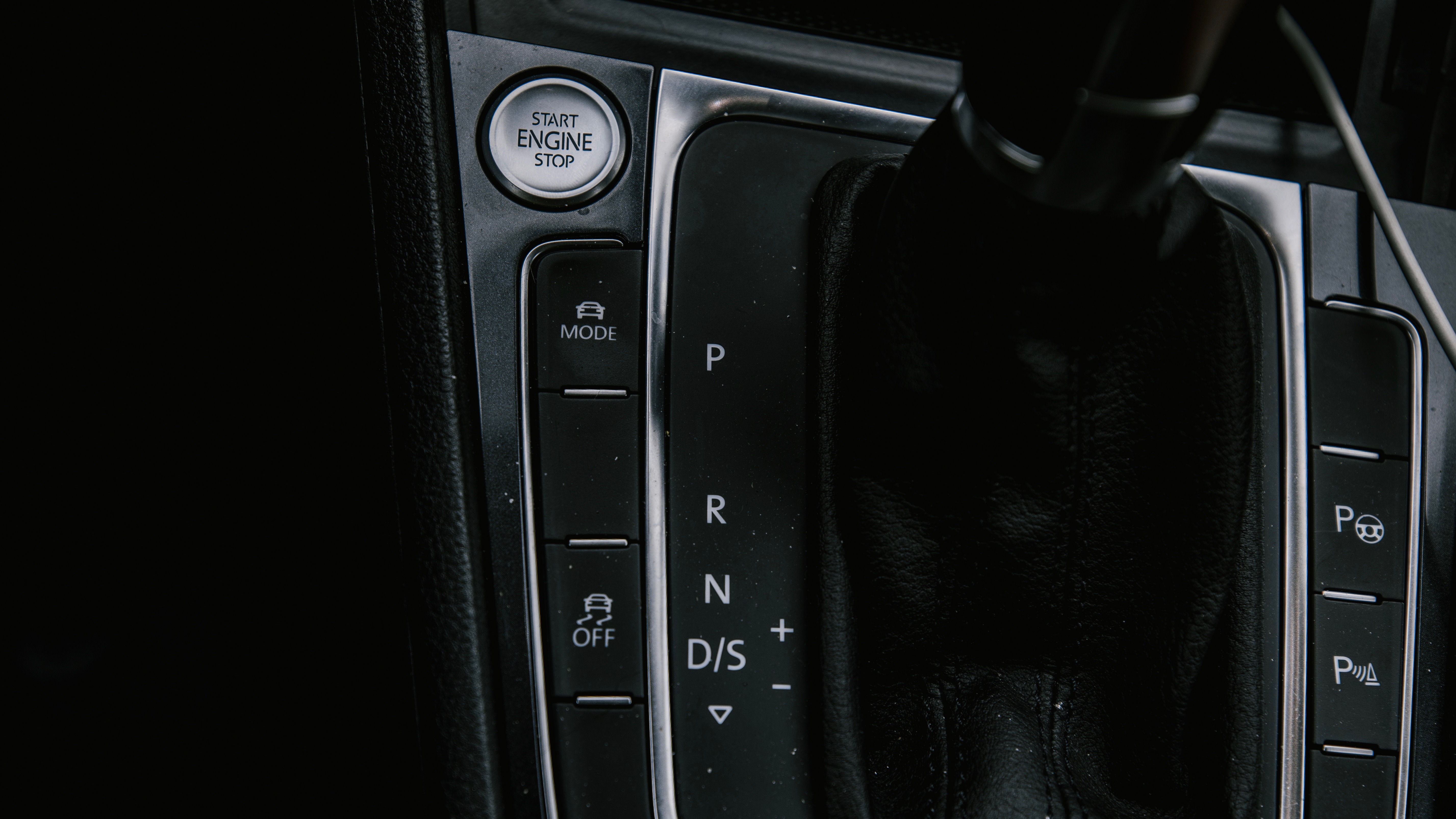
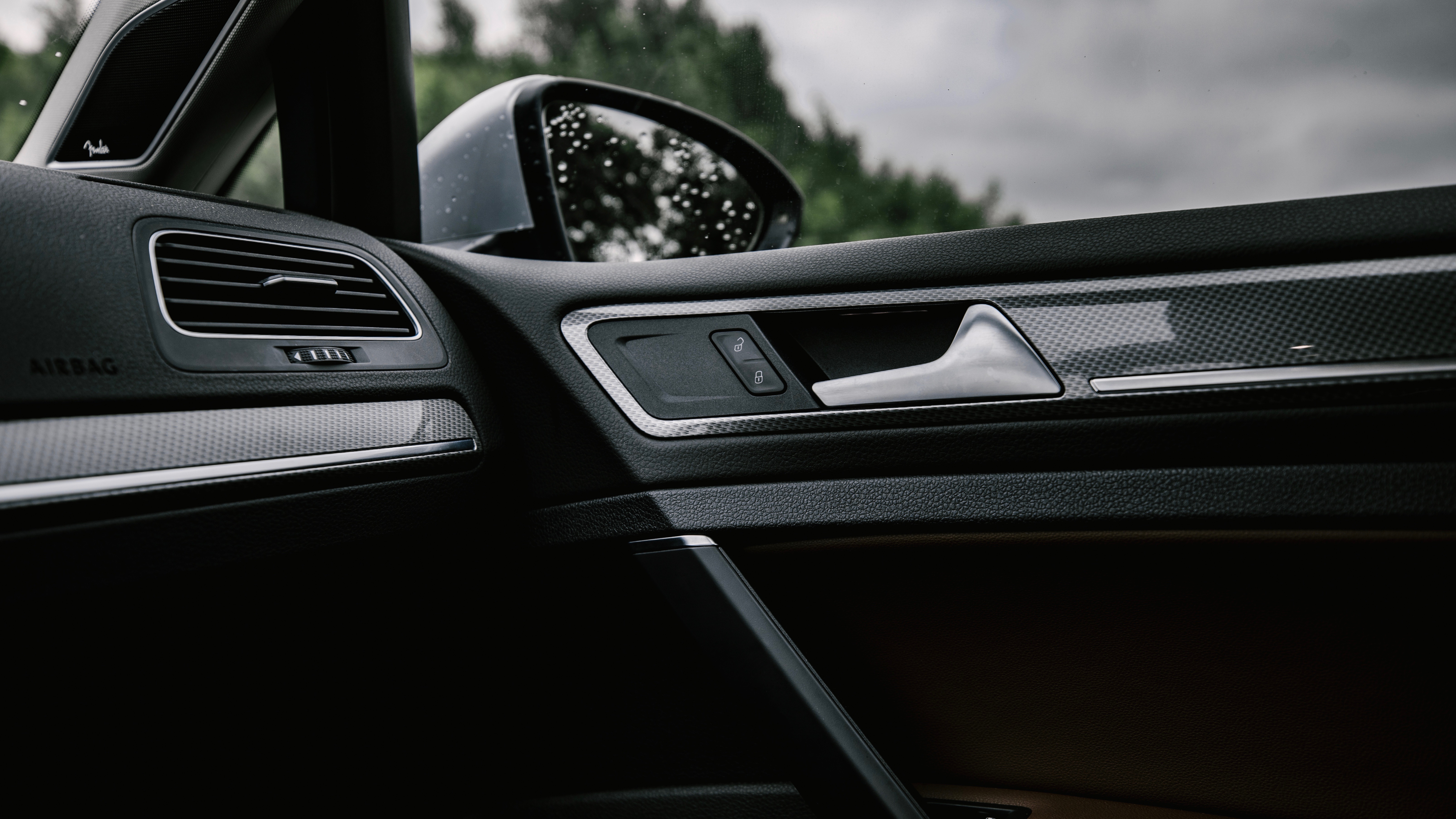
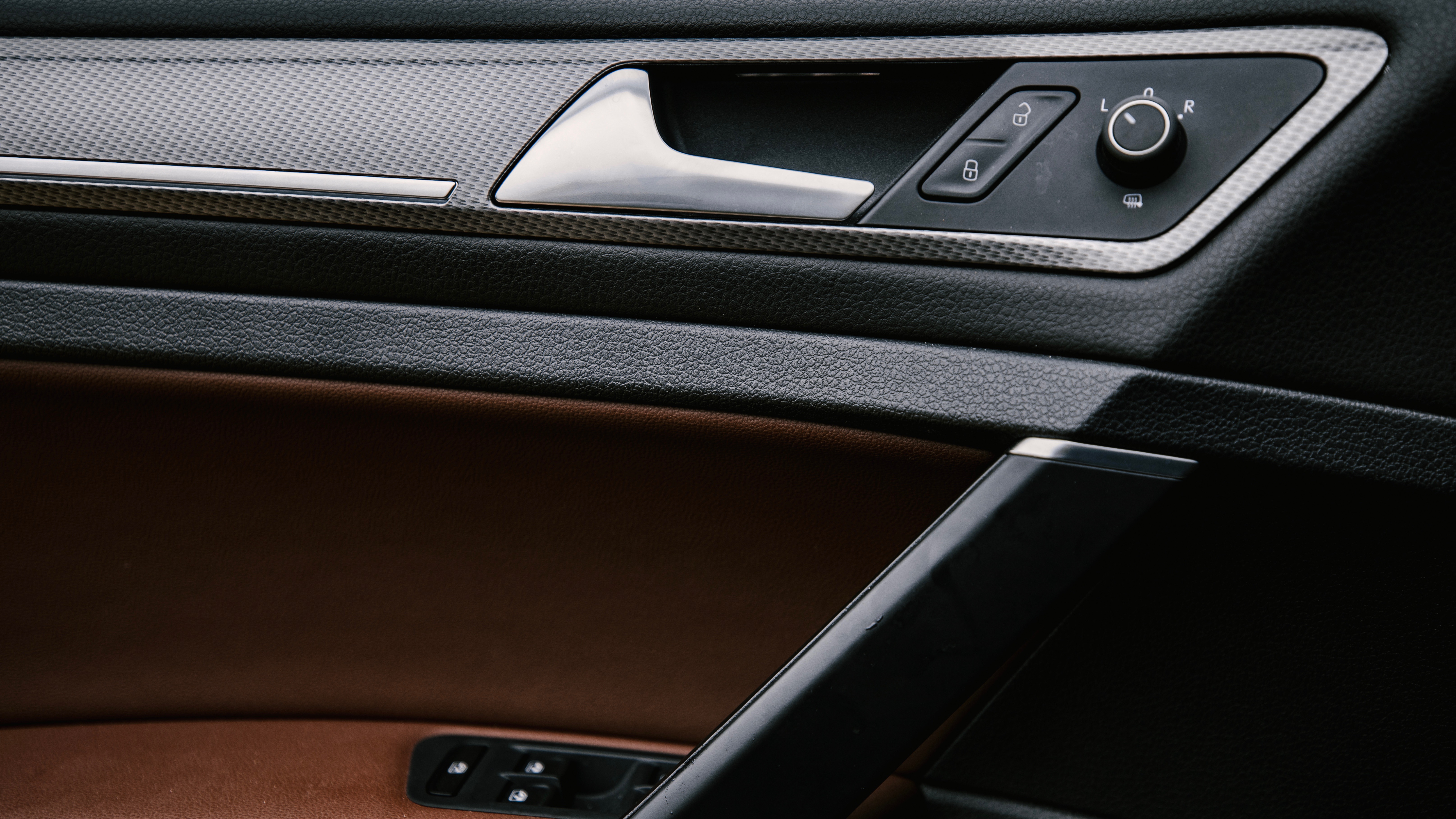
On The Road is TechRadar's regular look at the futuristic tech in today's hottest cars. John Brandon, a journalist who's been writing about cars for 12 years, puts a new car and its cutting-edge tech through the paces every week. One goal: To find out which new technologies will lead us to fully driverless cars.

John Brandon has covered gadgets and cars for the past 12 years having published over 12,000 articles and tested nearly 8,000 products. He's nothing if not prolific. Before starting his writing career, he led an Information Design practice at a large consumer electronics retailer in the US. His hobbies include deep sea exploration, complaining about the weather, and engineering a vast multiverse conspiracy.